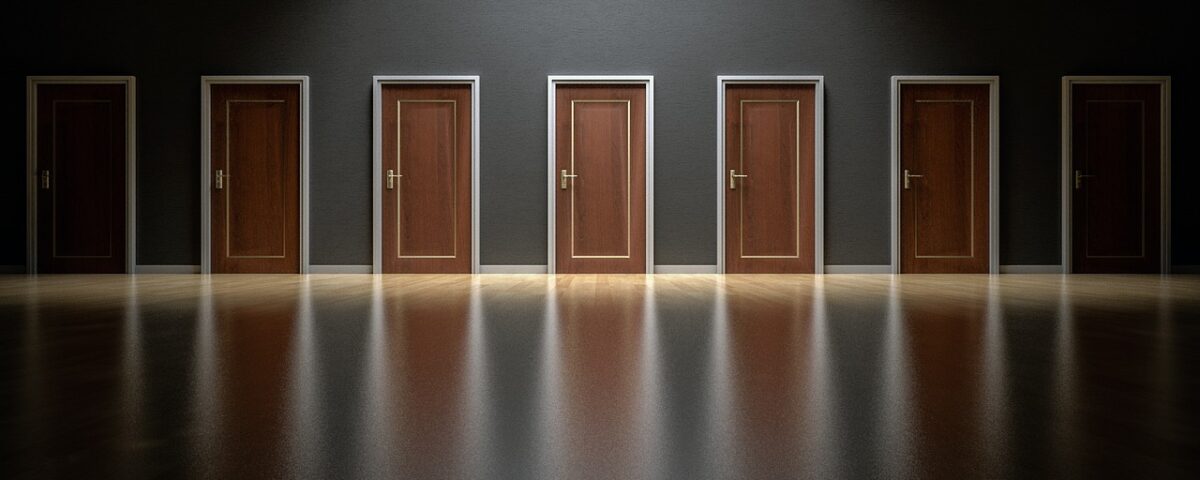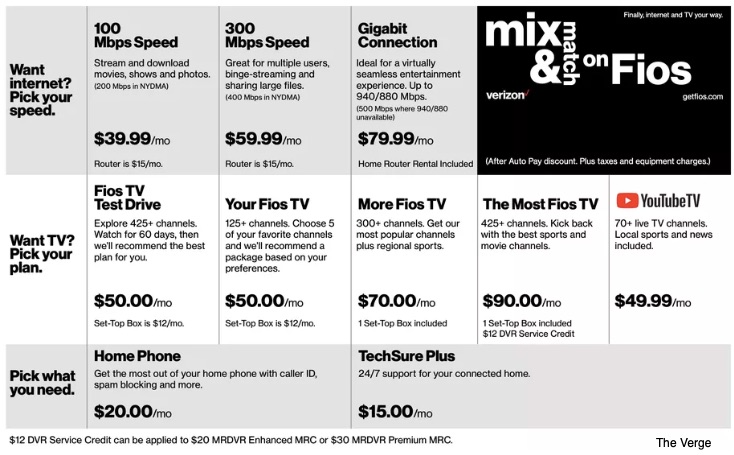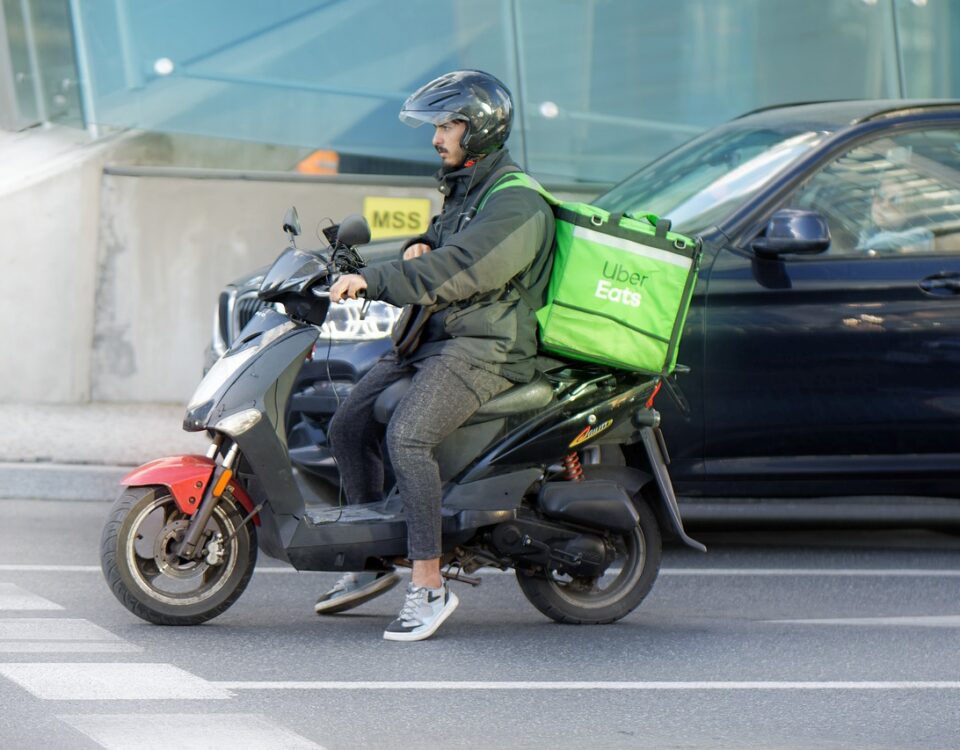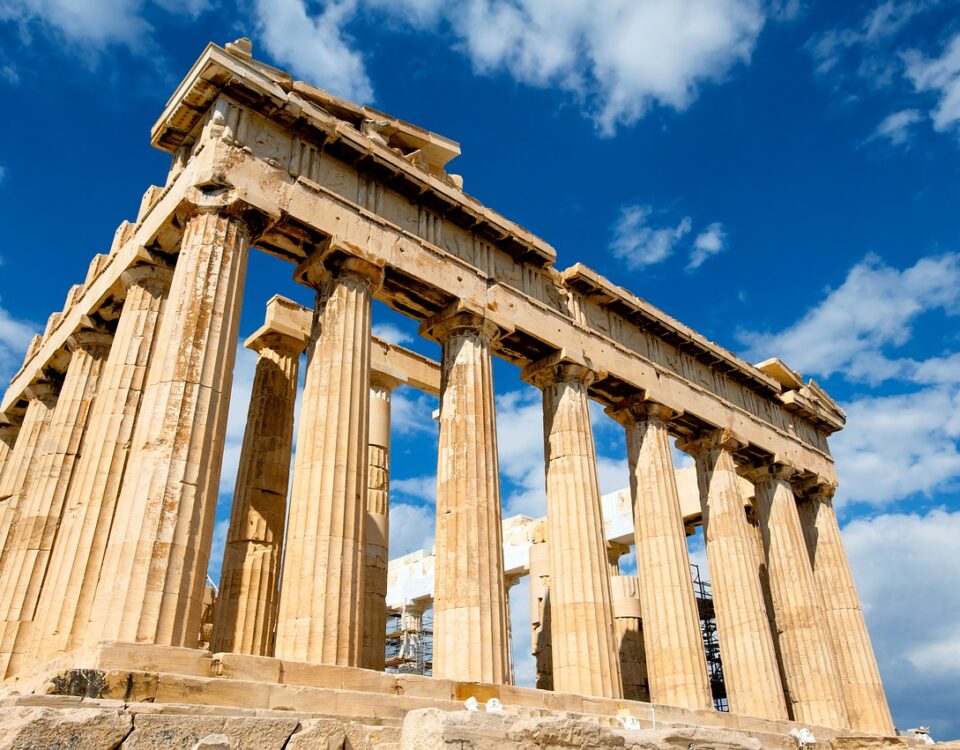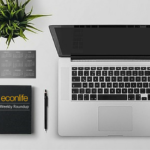
Our Weekly Economic News Roundup: From Popcorn Preferences to Cocoa Cartels
January 11, 2020
A Global Look at the 737 MAX
January 13, 2020Verizon just let its customers know that we no longer will have to buy a bundle of cable channels. Instead they are offering a menu of alternatives.
I was horrified to see the new Verizon cable selection that I might have to ponder:
I should also disclose that I have the same breakfast every morning, shop at one store for clothing, hate buffets, and try to skip the plastic baggy aisle in the supermarket (where I find all the size alternatives daunting).
My goal is to avoid choice fatigue. I like to save my energy for all I consider more important.
Choice Fatigue
- Offered jam samples, grocery store customers purchased more when given 6 than when they could try 24.
- At a mall, people who shopped more were able to do fewer math problems afterwards than those who had shopped less.
- Asked to display will power by submerging an arm in ice water for as long as possible, students who made multiple decisions endured the cold for 39 fewer seconds than a control group that had to decide much less.
Behavioral economists like to tell us that sometimes more is less. We pay a biological price for making decision after decision. Depleted, at some point, our brain looks for shortcuts. It tries to do less.
From 2007, this the classic TED talk on choice overload:
Demand
Because choice fatigue is a paradox with the benefit of multiple options and the cost of choosing among them, individuals react differently. It can stop some of us from buying an item if we first look at an assortment. But when we decide to make that purchase and then look at an assortment, it might not affect us.
There is one thread though that ties it all together…
Our Bottom Line: Human Capital
Defined as our store of knowledge, human capital has an intangible dimension. We need will power and persistence to optimize our accumulation and implementation of human capital. And this is where choice fatigue affects all of us. As the day unfolds, our choice overload accumulates. We have to decide what to wear, what to eat, what to read. We have countless emails, Facebook friends, Instagram, podcasts, apps, and YouTube. Studies indicate that with more choices, we wind up with an overload that diminishes our will power and our ability to continue deciding. At some point choice becomes an overload that constrains our human capital.
So yes, when Verizon eliminates its cable bundle, my dollar cost will shrink but the cost of my decision fatigue will soar.
Sources and Resources: If you read just one article, do take a look at John Tierney’s NY Times Magazine article on decision fatigue. Then, for decision fatigue studies, you might add to your own choice overload by deciding whether to read this paper and this paper.
![econlifelogotrademarkedwebsitelogo[1]](/wp-content/uploads/2024/05/econlifelogotrademarkedwebsitelogo1.png#100878)

